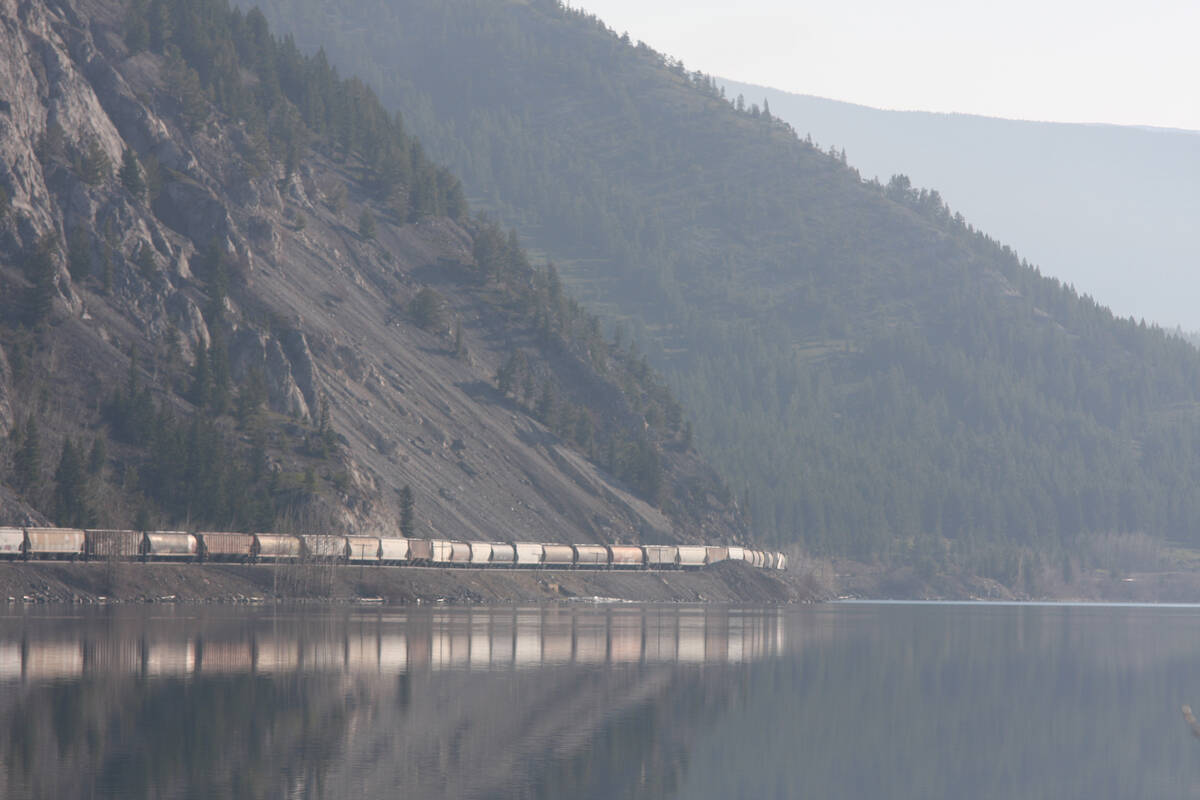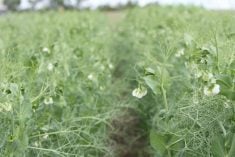A lack of extension and production expertise is hindering the growth of organic farming on the Prairies, says, a University of Manitoba plant scientist.
Martin Entz, who has studied sustainable production systems for more than two decades, said many agencies and associations fund organic research, but the research doesn’t always reach organic producers.
“Where I see the big deficiency for farmers is in the extension service,” he said.
“There are very few people who are really qualified, who have the years of experience that it takes to be a good extension worker, helping organic farmers.”
Read Also

Canada must change to remain a prosperous country
Several developments in early November will likely be important for the Canadian economy, including agriculture, helping define its evolution for the coming year and beyond.
He said there is also a shortage of production experts at the federal level.
“Twenty-five years ago, Agriculture Canada had a lot of agronomists, a lot of people working on forage seed, forage pasture, crop rotations, seed production,” he said.
“It’s those researchers that really are important when there’s any change happening in the production system. Like the shift to no-till, the shift to pesticide free, the shift to organic or the shift to grass-fed beef.”
Joanne Thiessen-Martens, a U of M agricultural research technician, agreed.
“There’s probably more organic research happening than there was 10 years ago,” she said.
“It is increasing, but we haven’t seen other researchers throw themselves into the organic circle completely. We do see other researchers devoting a bit of their time to organic.”
Entz estimates six scientists are studying organic agriculture in Manitoba. He is the only full-time researcher, with the remainder dedicating five to 30 percent of their time to organic systems.
In spite of the challenges, Entz said organic research is on a much stronger footing than it was in the 1990s, when funders cavalierly rejected proposals.
“They won’t dismiss it out of hand, whereas 15 years ago they might of said, ‘that’s very nice, but that’s not the type of research we’re wanting to fund,’ ” said Entz, who leads a team of researchers at the U of M studying sustainable agriculture, including a soil scientist, an agricultural economist and a weed scientist.
Agriculture Canada, the Canadian Wheat Board, the Agri-Food Research and Development Initiative, the Canadian Seed Growers Association and Manitoba Pulse Growers Association regularly provide support for organic research in the province.
Thiessen-Martens said the funding and its subsequent research adequately serves Manitoba’s 300 organic farmers.
A survey she conducted in 2008 found producers wanted research and information on crop rotation, soil fertility and weed control.
Scientists in Manitoba were already focusing on those priorities, she added.
“We focus most of research on crop rotation and how that impacts soil fertility and weeds,” said Thiessen- Martens, who studies grazing green
manure crops with sheep as a way to improve nutrient availability in the soil.
Research priorities will never satisfy every organic producer, she said, but overall they do mesh with producer needs.
“It was encouraging to see those (survey) results, to see farmers are interested in seeing us continue along those lines, rather than say testing out biological control agents.”















